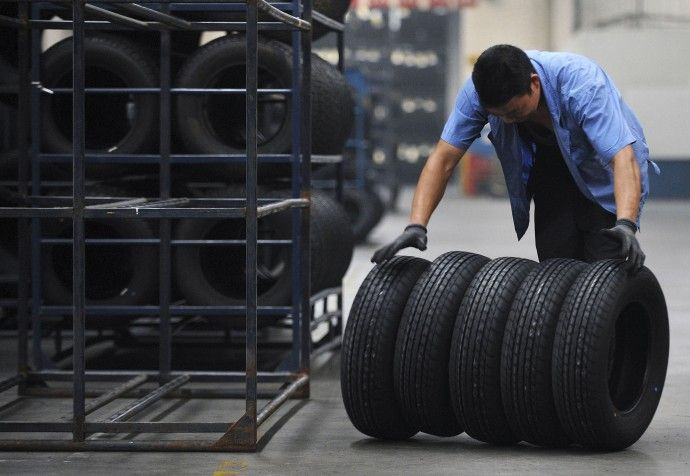Chinese satisfaction with prices touches 11-year low

The percentage of Chinese who are satisfied with current price levels sharply dropped to the lowest level in 11 years despite the government efforts to contain rising prices, the People's Bank of China (PBoC) said.
The Residents' Price Satisfaction Index in China fell to 13.8 percent, the lowest since the fourth quarter of 1999, showed a survey by PBoC on Wednesday.
The cautious consumer sentiment reveals Chinese residents are not optimistic about future adjustments in price levels, which is not conducive to consumption expansion, the central bank said.
China is stepping up its efforts to contain inflation, even as the latest economic report indicates that inflation hovers around a 28-year high of 5.1 percent. Food prices rose 11.7 percent from last year, and from 10.1 percent in October.
In its efforts to tame inflation, China increased banks' reserve requirements six times this year and hiked interest rates once. Economists are expecting further increases in interest rates.
The survey showed that 73.9 percent of respondents felt current prices as too high to be acceptable, up 15.6 percent from the third quarter. Some 61.4 percent expected price increases to continue in the next quarter.
Regarding current property prices in China, some 75.5 percent of the survey respondents said they are too high to accept.
Some 43.3 percent anticipated rise in property prices to continue, up 6.8 percent from the last quarter.
Property prices in major cities of Chine posted monthly increase 0.3 percent in November despite government measures to cool the market.
The Chinese government is planning to introduce a property tax to discourage property speculation and contain a surge in home prices. The government already suspended mortgage loans for third home purchases and raised down payments for first time buyers.
According to the survey, some 45.2 percent of respondents have plans to invest more for the future, with 37.6 percent intending to park their money in banks.
However, only 17.3 percent of respondents said they would like to consume more.
© Copyright IBTimes 2025. All rights reserved.





















